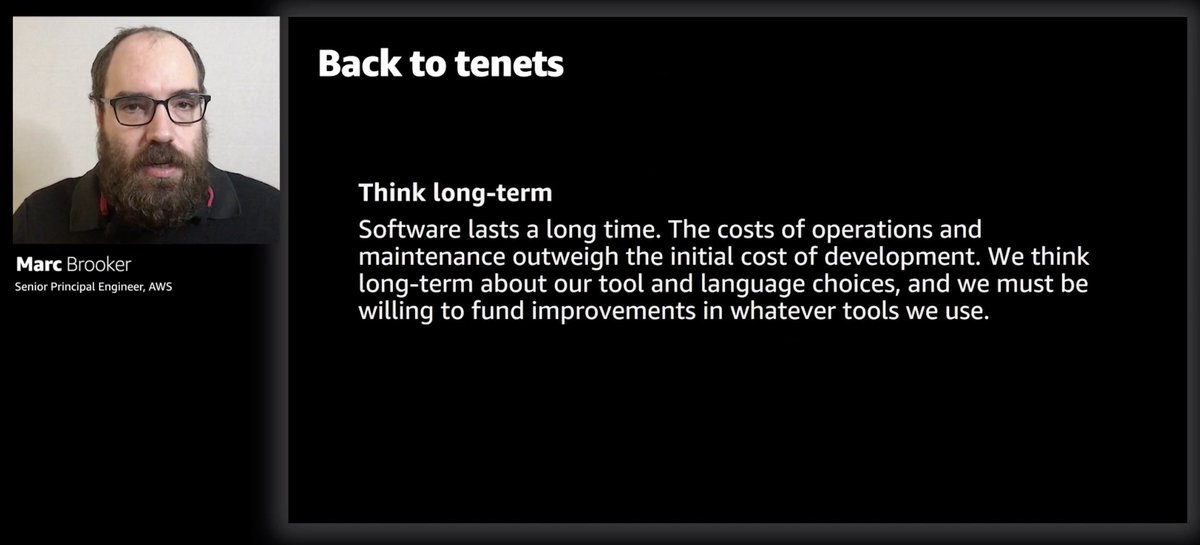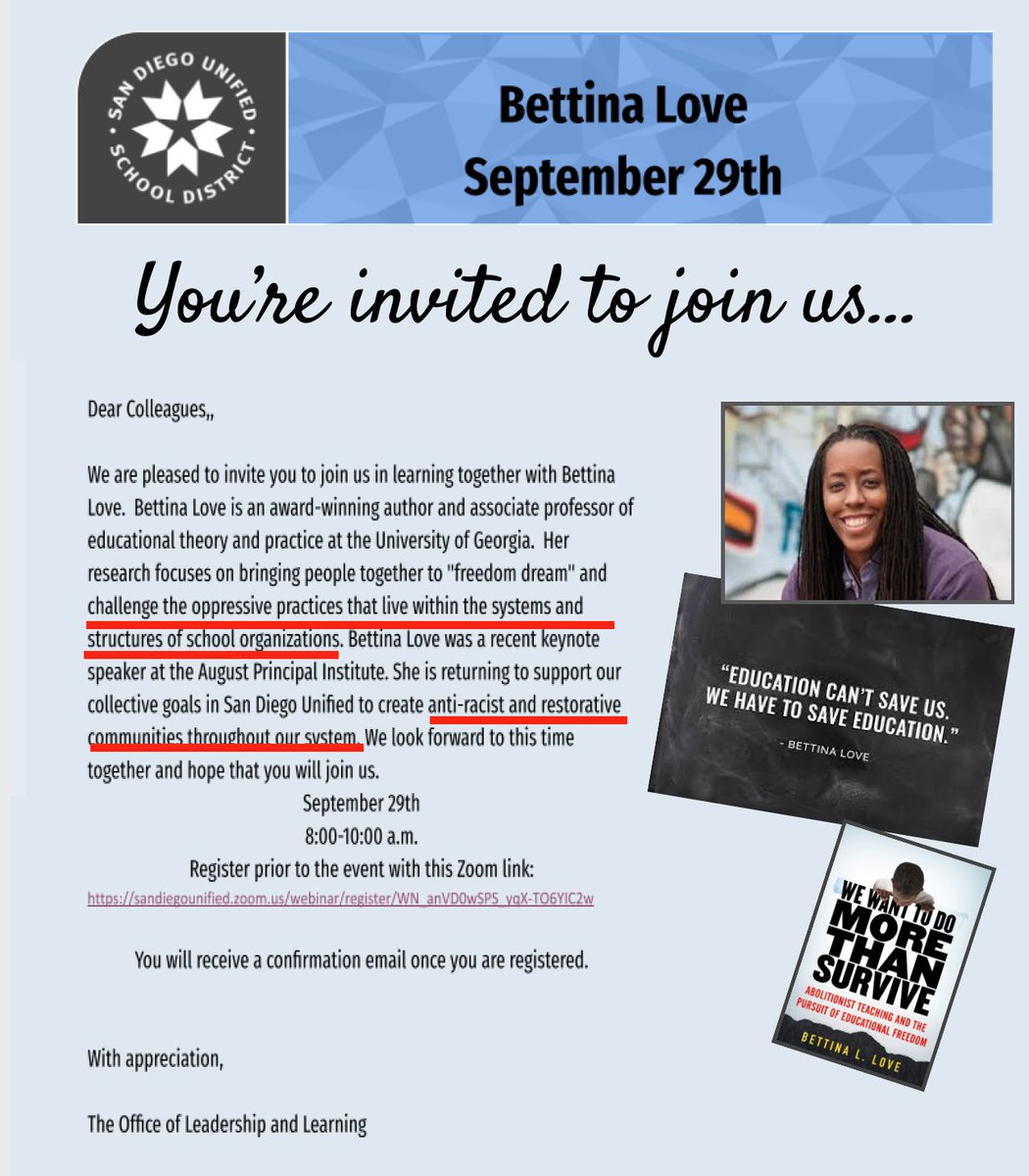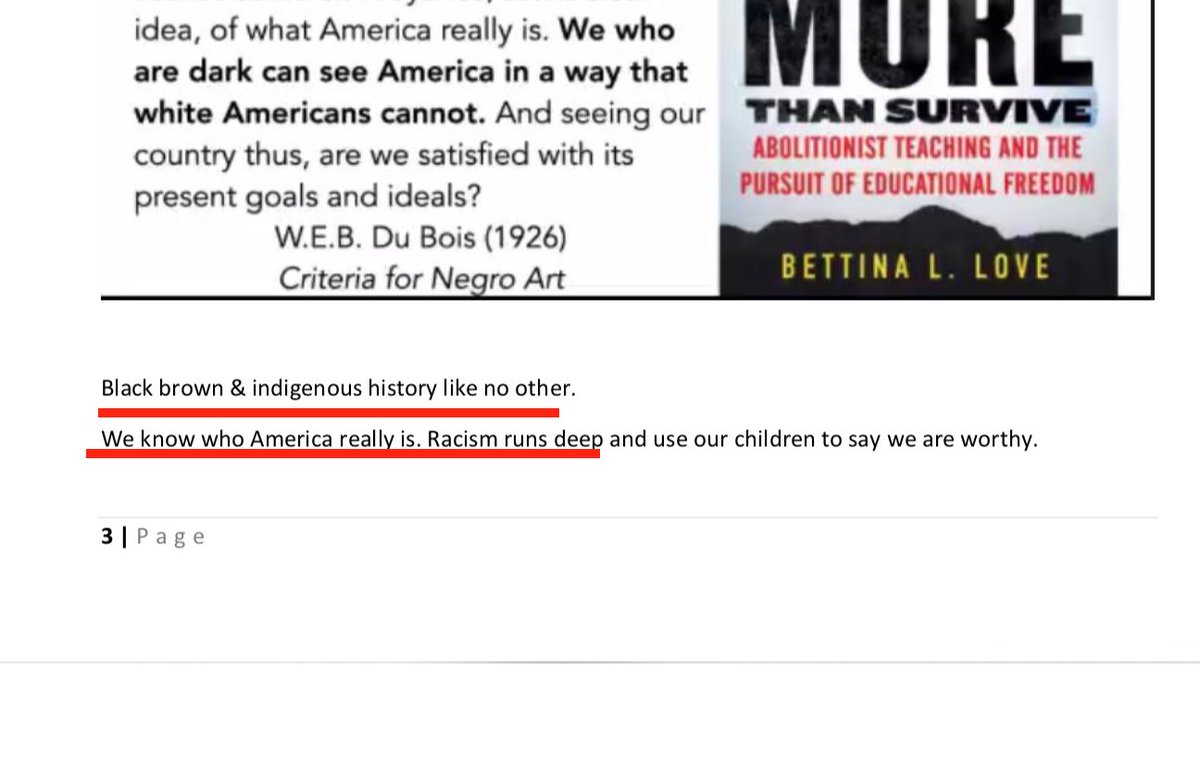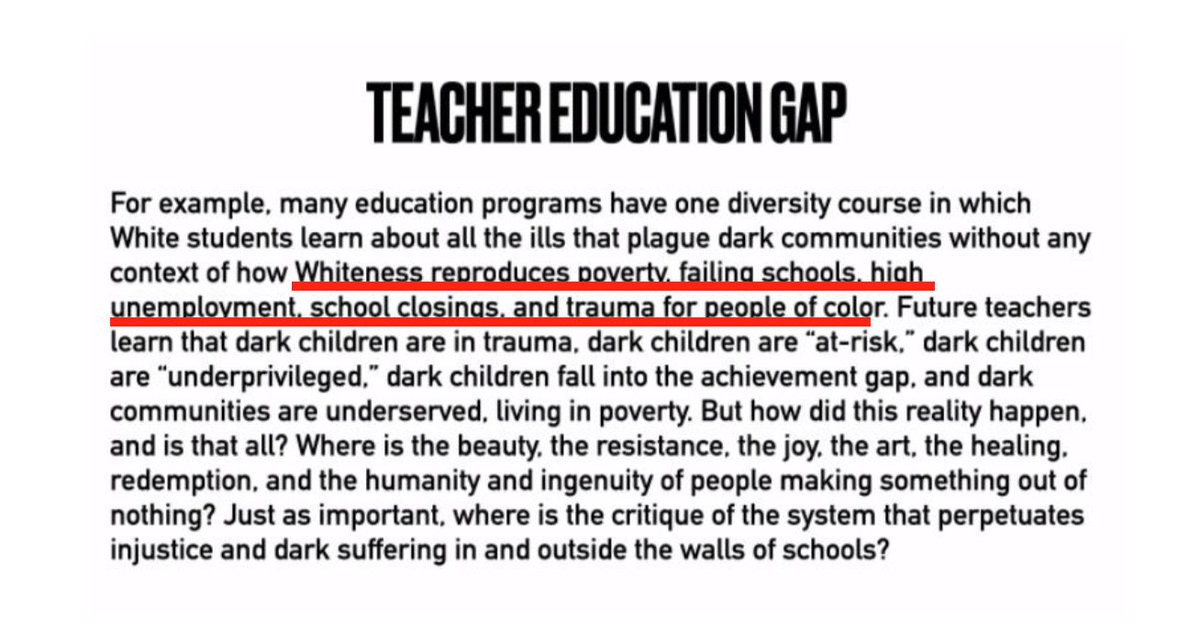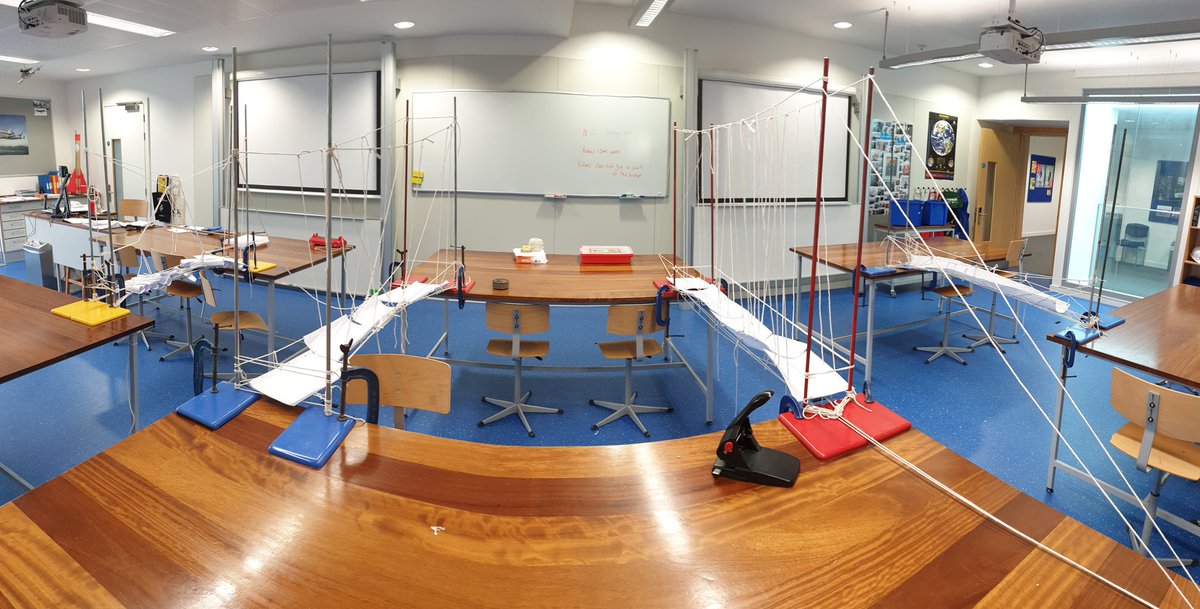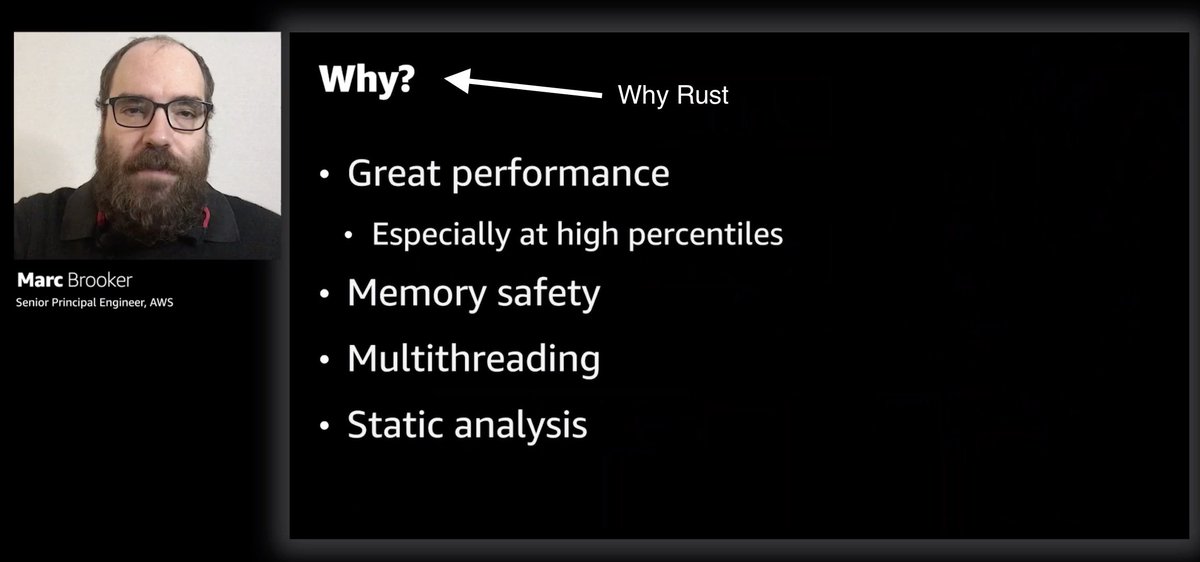
Great session by @MarcJBrooker earlier on building technology standards at Amazon scale, and some interesting tidbits about the secret sauce behind Lambda and how they make technology choices - e.g. in whether to use Rust for the stateful load balancer v2 for Lambda.
🧵
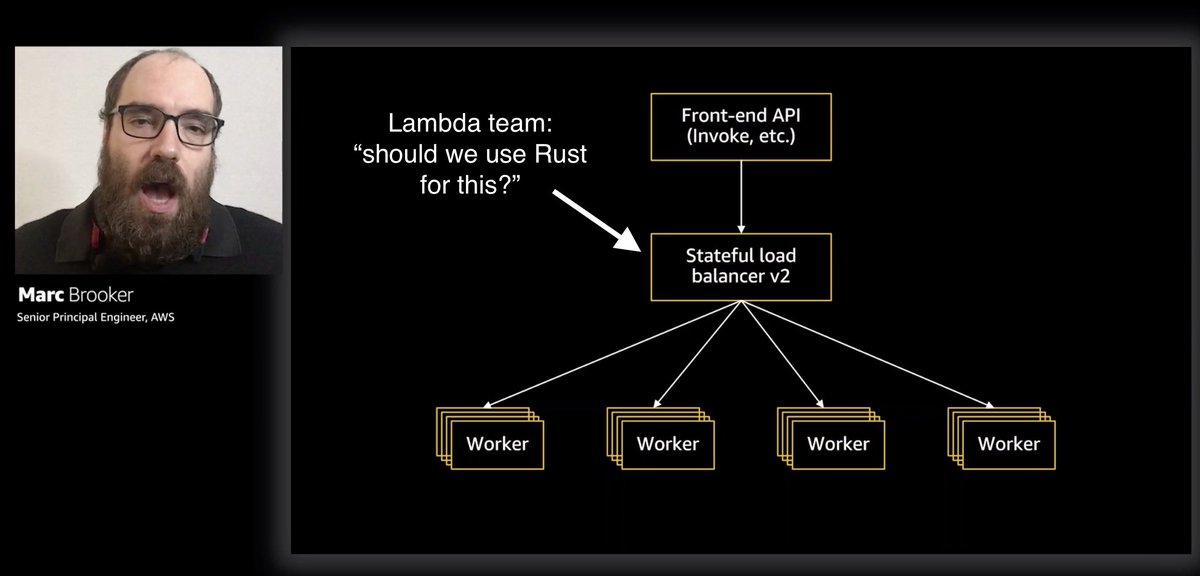

The interesting Q is how to balance technical strengths vs weaknesses that are more organizational.
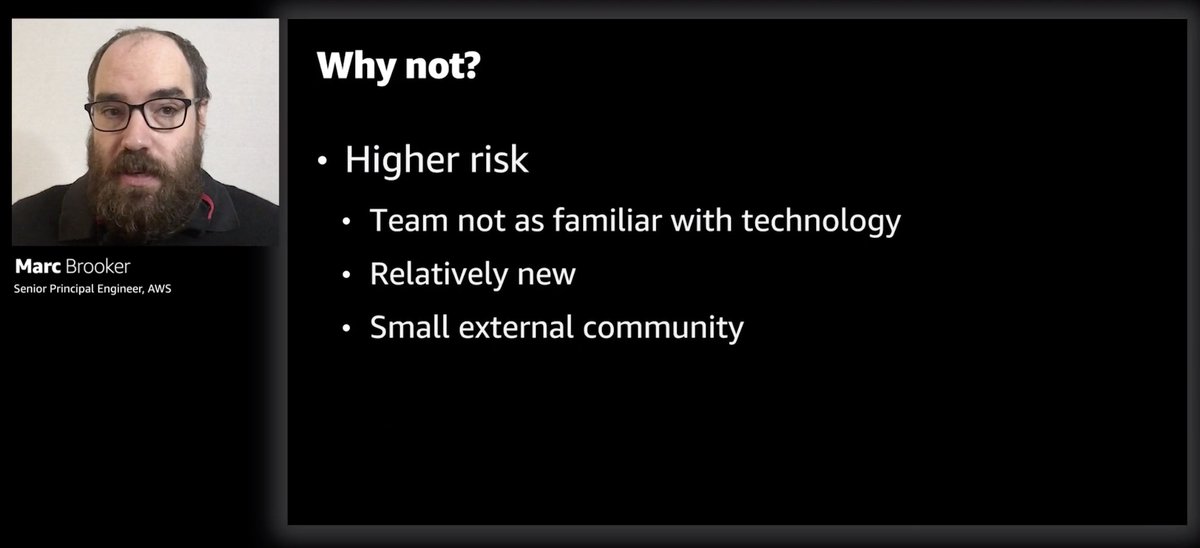
which is basically the same question that organizations all over the world have to answer when they consider adopting #serverless technologies like Lambda.
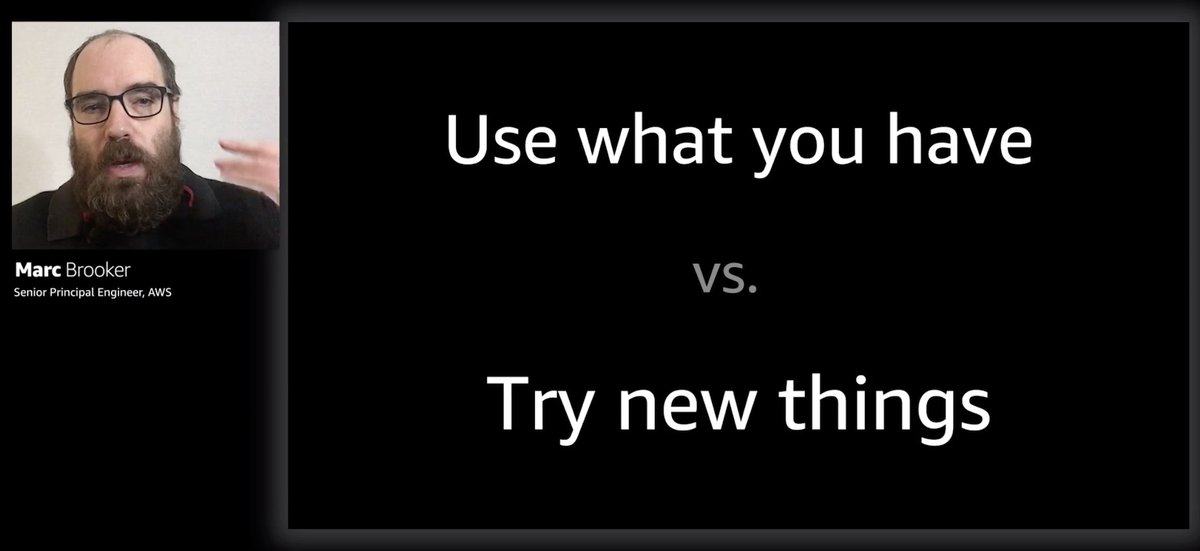
As a consultant, I often find myself being one of those guard rails for organizations that want to adopt #Serverless
(nice plug, self hi-five! ✋)
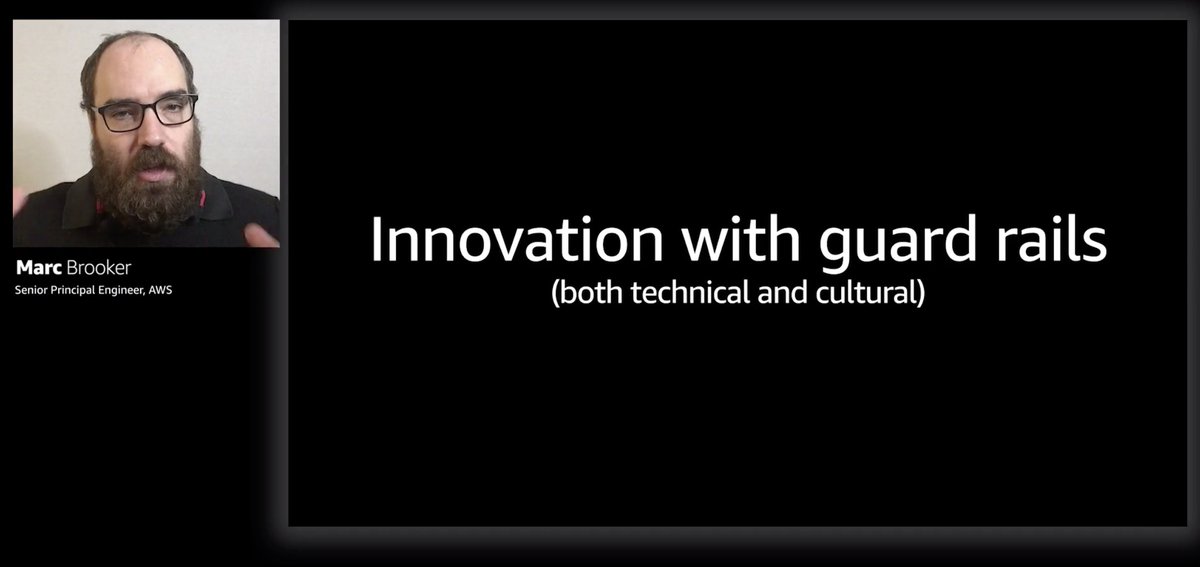
This line about avoiding baking language-specific choices into your contract and data is so important. It gives you an easier path to back out of that language choice if it turns out to be wrong.
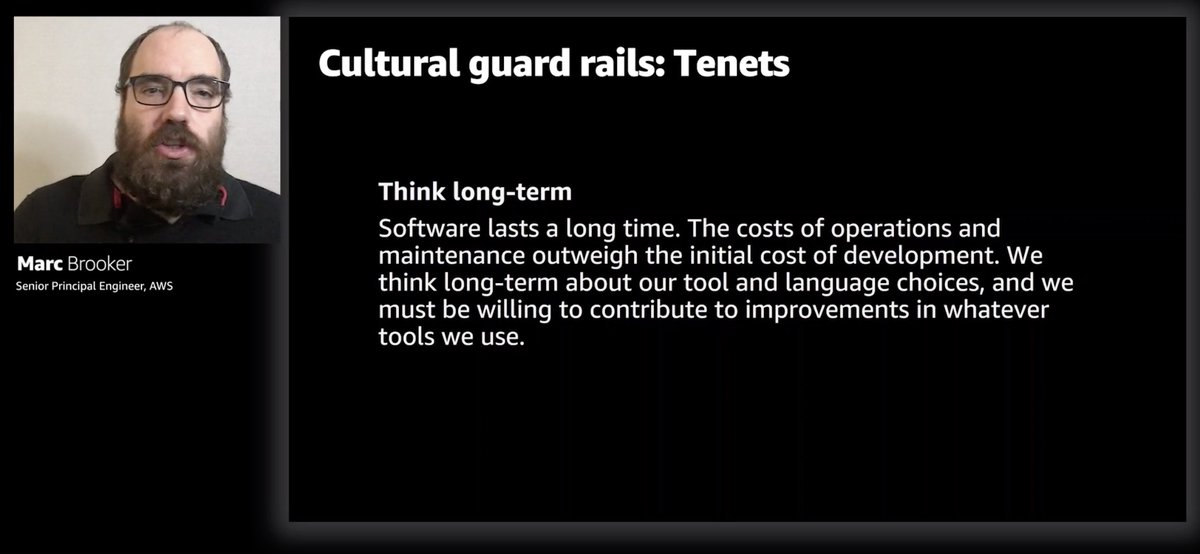
https://t.co/qBh6wgGuz1
👍👍👍
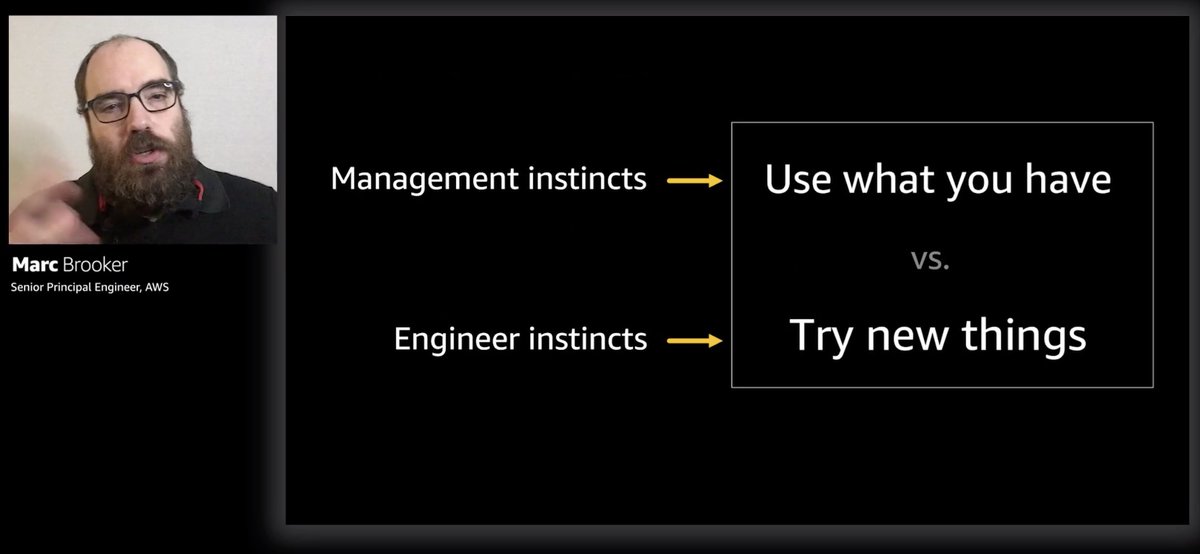
"We use standards very sparingly, only in areas where we deeply understand the context and innovation has little upside"
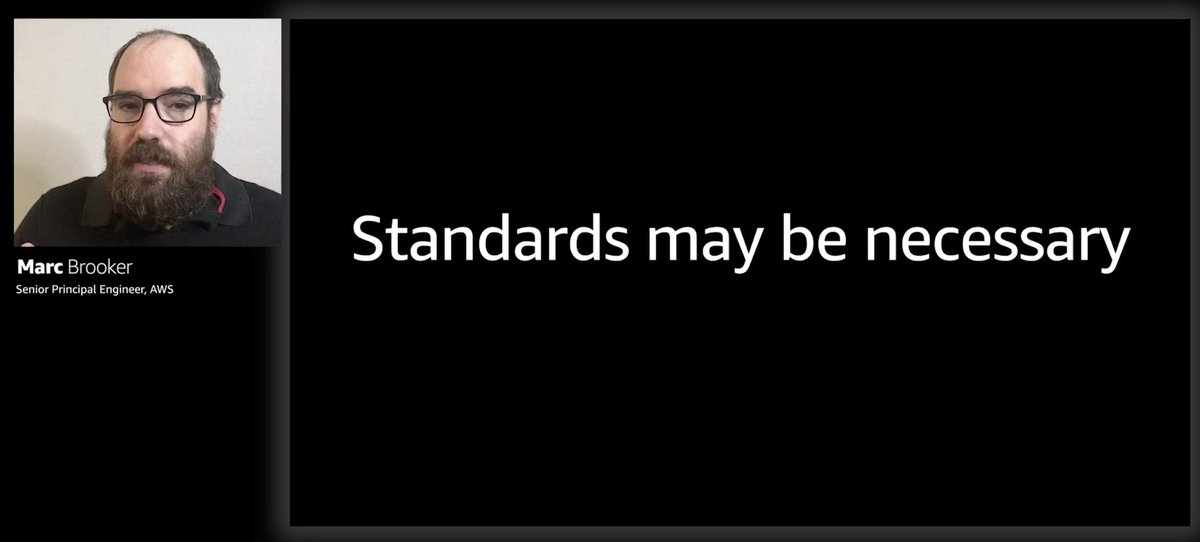
This, so much this👆
Why? because incentives drive outcomes.
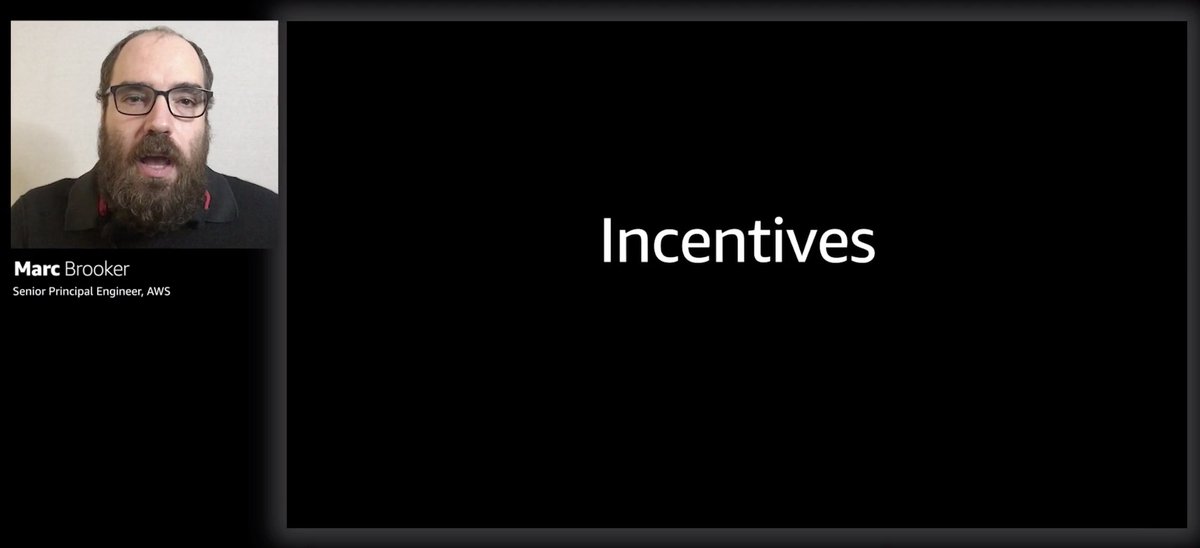
That's why the ivory tower architect is such a bad model - they make all the decisions but you're on the hook for it.
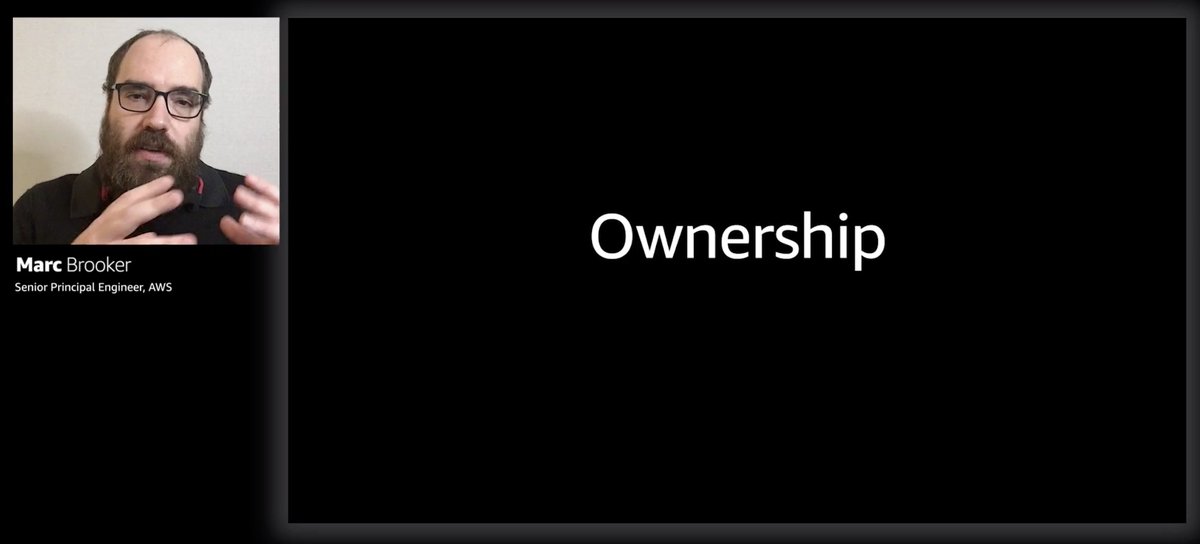
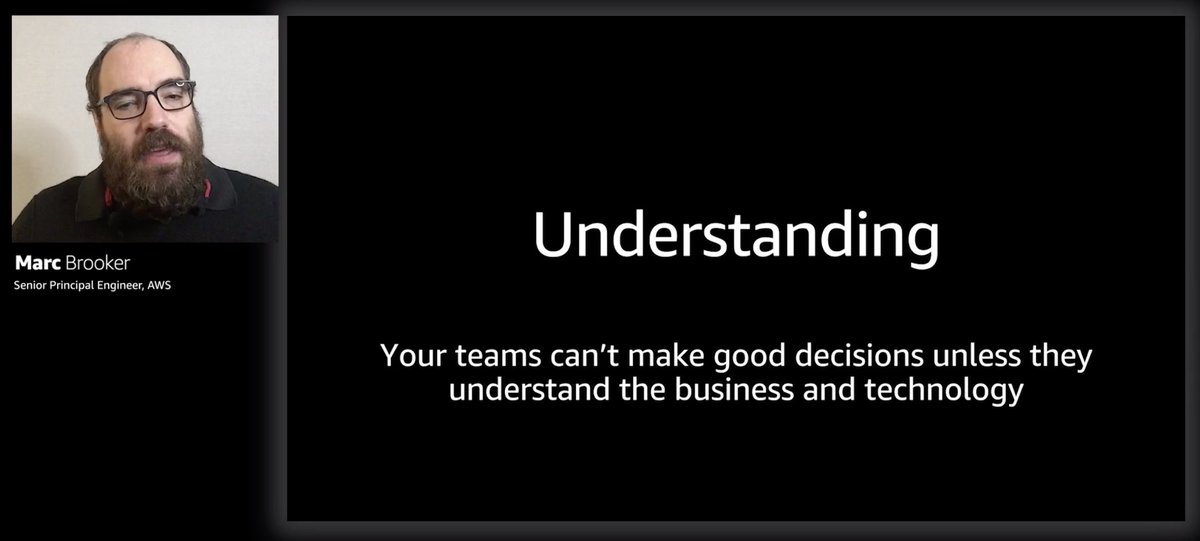
And that's how many organizations has adopted #serverless successfully, starting with one success story.
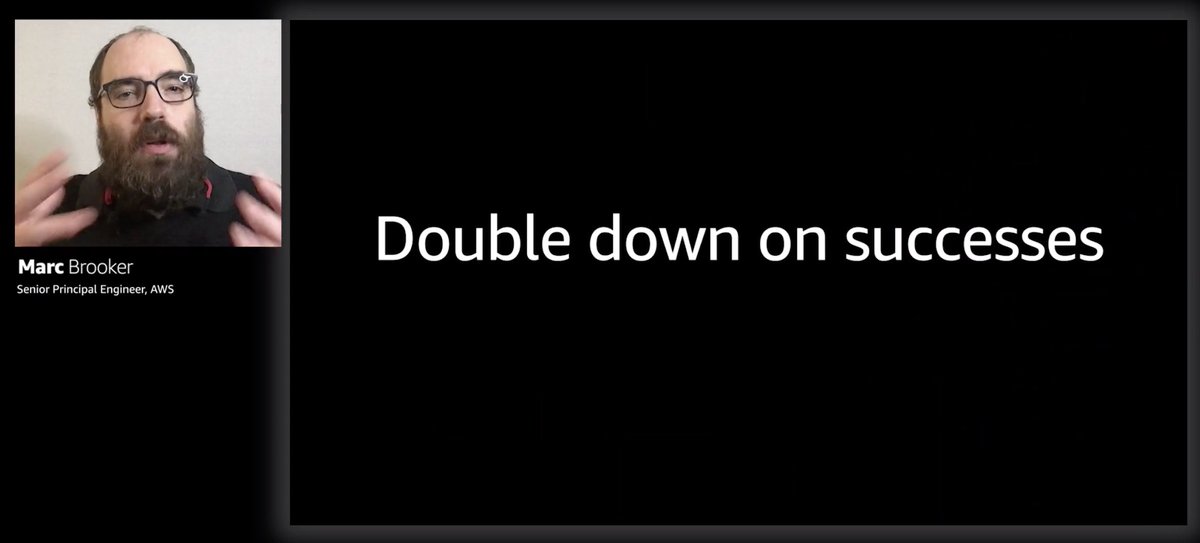
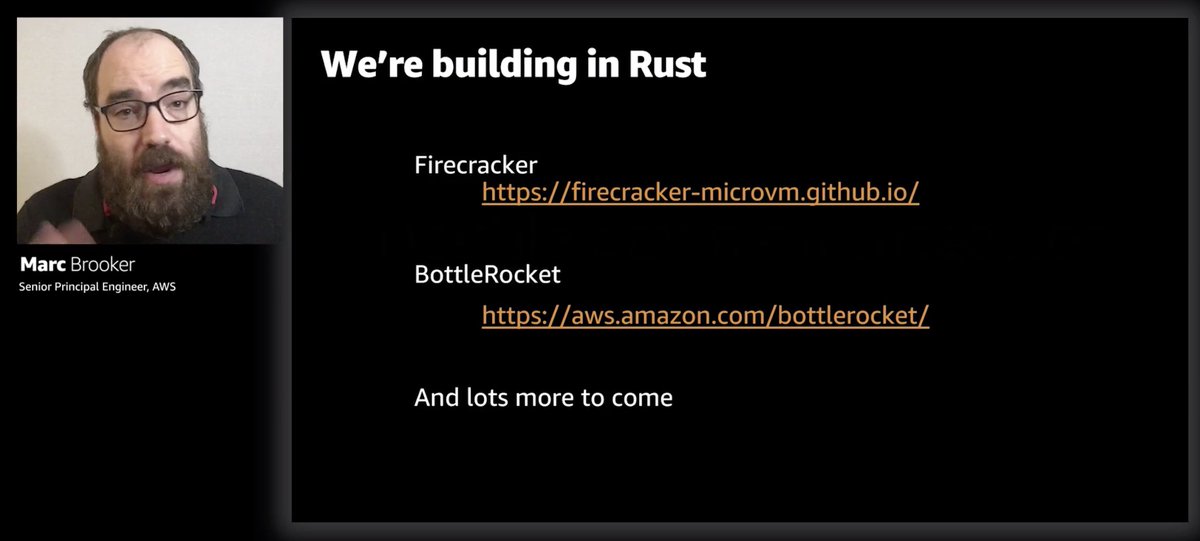
Love to see more details on how formal methods is applied here.
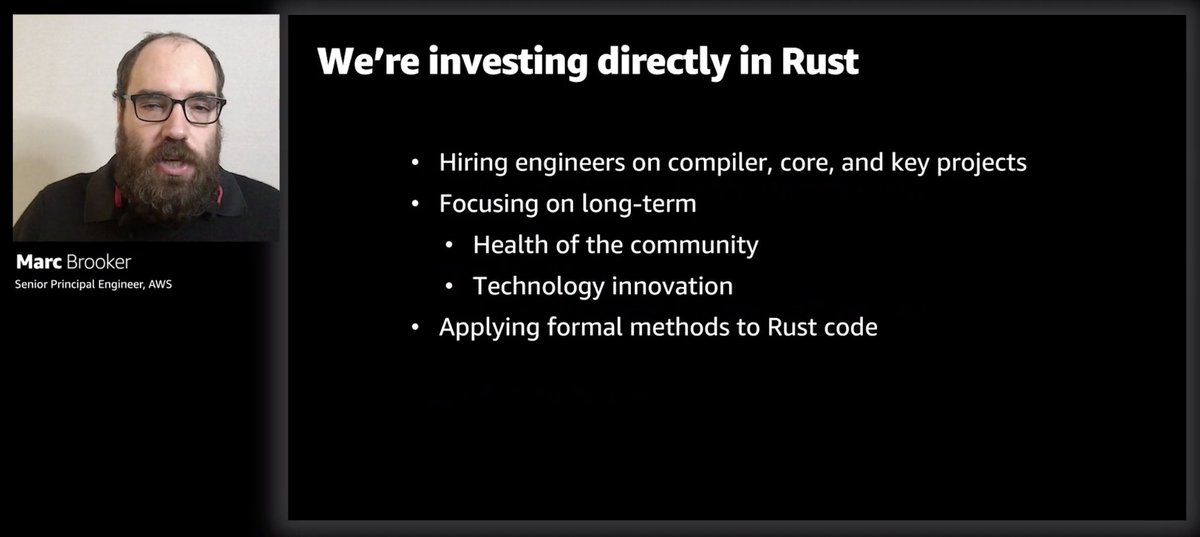
https://t.co/6p5MfXCyfR
More from Education
You asked. So here are my thoughts on how osteopathic medical students should respond to the NBOME.
(thread)
Look, even before the Step 2 CS cancellation, my DMs and email were flooded with messages from osteopathic medical students who are fed up with the NBOME.
There is *real* anger toward this organization. Honestly, more than I even heard about from MD students and the NBME.
The question is, will that sentiment translate into action?
Amorphous anger on social media is easy to ignore. But if that anger gets channeled into organized efforts to facilitate change, then improvements are possible.
This much should be clear: begging the NBOME to reconsider their Level 2-PE exam is a waste of your time.
Best case scenario, you’ll get another “town hall” meeting, a handful of platitudes, and some thoughtful beard stroking before being told that they’re keeping the exam.
Instead of complaining to the NBOME, here are a few things that are more likely to bring about real change.
(thread)
I think most of us are over here waiting to see what @jbcarmody has to say about the latest NBOME email pic.twitter.com/bVWkS23V7z
— Jake Berg (@jberg521) January 28, 2021
Look, even before the Step 2 CS cancellation, my DMs and email were flooded with messages from osteopathic medical students who are fed up with the NBOME.
There is *real* anger toward this organization. Honestly, more than I even heard about from MD students and the NBME.
The question is, will that sentiment translate into action?
Amorphous anger on social media is easy to ignore. But if that anger gets channeled into organized efforts to facilitate change, then improvements are possible.
This much should be clear: begging the NBOME to reconsider their Level 2-PE exam is a waste of your time.
Best case scenario, you’ll get another “town hall” meeting, a handful of platitudes, and some thoughtful beard stroking before being told that they’re keeping the exam.
Instead of complaining to the NBOME, here are a few things that are more likely to bring about real change.
Okay, #MAEdu, let's talk FY22 and the Student Opportunity Act: https://t.co/o1tgppGy4K

First up:
The FIRST year, Governor Baker?
This is the second year of SOA implementation: you're missing one.

So, are we going to do this in six years, or are we just going to kick the can ANOTHER year on kids?
Remember, school funding is builds on prior years.
We never get that missing funding back.

Also: what are the base numbers being used?
Is the Governor dropping enrollment, even though we all know that was an artificial drop?

There's a decent chance that a WHOLE bunch of those kindergartner and preschoolers are going to be back this fall if we manage to get kids into buildings, PLUS we'll have the USUAL enrollment of preK and K!
...and less funding than usual?


.@MassGovernor Baker says FY22 budget proposal will fully fund the 1st year of the Student Opportunity Act. #mapoli #MassMuni21
— Mass. Municipal Assn (@massmunicipal) January 22, 2021
First up:
The FIRST year, Governor Baker?
This is the second year of SOA implementation: you're missing one.

So, are we going to do this in six years, or are we just going to kick the can ANOTHER year on kids?
Remember, school funding is builds on prior years.
We never get that missing funding back.

Also: what are the base numbers being used?
Is the Governor dropping enrollment, even though we all know that was an artificial drop?

There's a decent chance that a WHOLE bunch of those kindergartner and preschoolers are going to be back this fall if we manage to get kids into buildings, PLUS we'll have the USUAL enrollment of preK and K!
...and less funding than usual?


